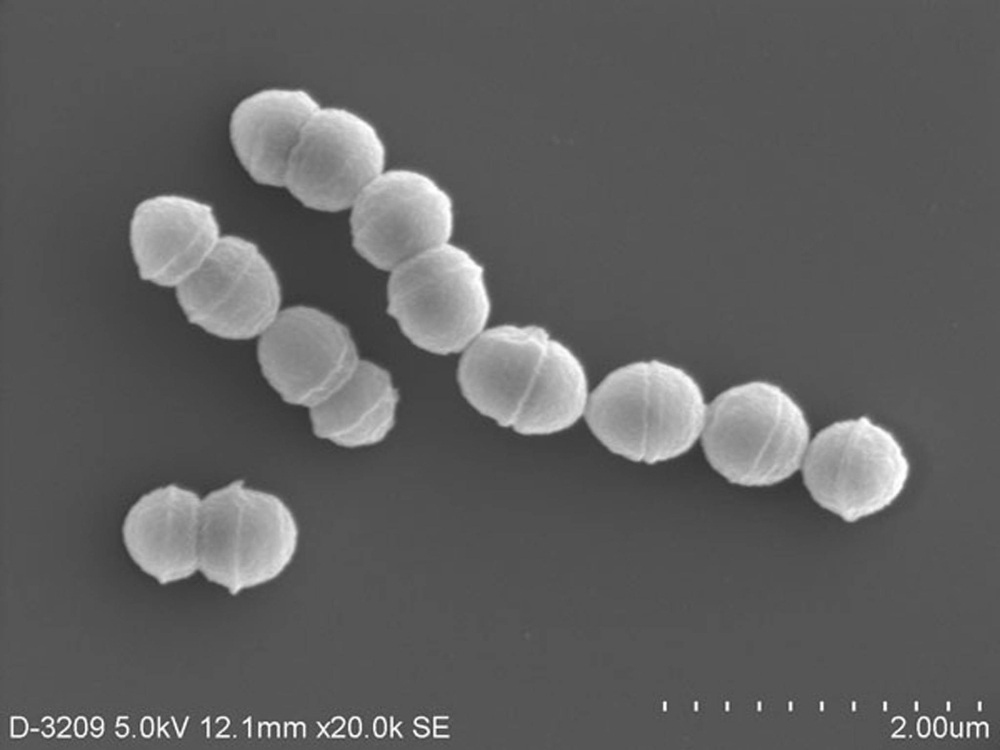- cross-posted to:
- [email protected]
- cross-posted to:
- [email protected]
A disease caused by a rare tissue-damaging bacteria is spreading in Japan after the country relaxed COVID-era restrictions.
Cases of streptococcal toxic shock syndrome (STSS) reached 977 this year by June 2, higher than the record 941 cases reported for all of last year, according to the National Institute of Infectious Diseases, which has been tracking incidences of the disease since 1999.
At the current rate of infections, the number of cases in Japan could reach 2,500 this year, with a mortality rate of 30%,” said Ken Kikuchi, a professor of infectious diseases at Tokyo Women’s Medical University.
"Most of the deaths happen within 48 hours,” Kikuchi said. "As soon as a patient notices swelling in (their) foot in the morning, it can expand to the knee by noon, and they can die within 48 hours.”



I guess they’re linking it to easing COVID restrictions because hand washing helps prevent it. Did people stop washing their hands after using the toilet in Japan once the restrictions let up?
Did…they start?
Having lived briefly in Japan and for a while in Korea, most people left public (and workplace) washrooms without washing their hands. Even during the pandemic.
That’s hilarious for a country with very ingrained bathhouse culture.
Someones been watching Thermae Romae.
You’re fucking joking. I give people the side-eye when they do that here in the U.S. and there are still plenty of people that at least go through the trouble of rinsing off their hands. Sure, most people don’t make sure to really get the soap everywhere like I do, but for most people to do absolutely nothing…
How is hand washing not an emoji?
💦👏🧴👏💦 damn. That’s really the closest you can get
A hand holding soap bubbles. How cute would that be?
Yeah, applaud to the water. Hydrohomies. :)
Can confirm as someone who lives in Japan. It’s an oft-dis used thing in foreigner groups when the new arrivals show up and notice
deleted by creator
This one’s kind of funny to me. I lived for two years in Japan not knowing that men’s restrooms typically don’t even have soap. Women’s restrooms usually do, and they get used. Despite me having lived there, it was my husband who taught me that there is no soap in the men’s restrooms when we went on a visit.
That was the weirdest part to me. In Korea, there was usually soap in the washrooms. But in either of those countries, you’d occasionally either find no soap in the men’s rooms, or you’d find empty soap canisters.
Telling a staff member there was no soap got the reaction that a tourist in NA politely telling a police officer that they saw some litter on the sidewalk over there, lol
I was in Japan on vacation and no one washed the hands. Also soap was either empty or none existent
Went for 2 weeks in March, can 2nd this.
Not having soap drove me nuts! There was like 4-5 bathrooms I used that didn’t have it.
Definitely a thing that japanese men doesn’t wash their hands when visiting a public restrooms… At least what I have noticed
Or because we are comparing rates now to those when COVID restrictions were in place?
Maybe I’m not understanding you. Why not say it is up from 2021 and 2022 instead of it is up since restrictions were in place? They are linking the uptick to the easing of restrictions by highlighting that as a difference between now and then.
Hand washing was encouraged and presumably increased during the restrictions. For any other country I would assume that also meant after using the toilet people were more likely to wash hands. But how much would that have impacted that culture in Japan?